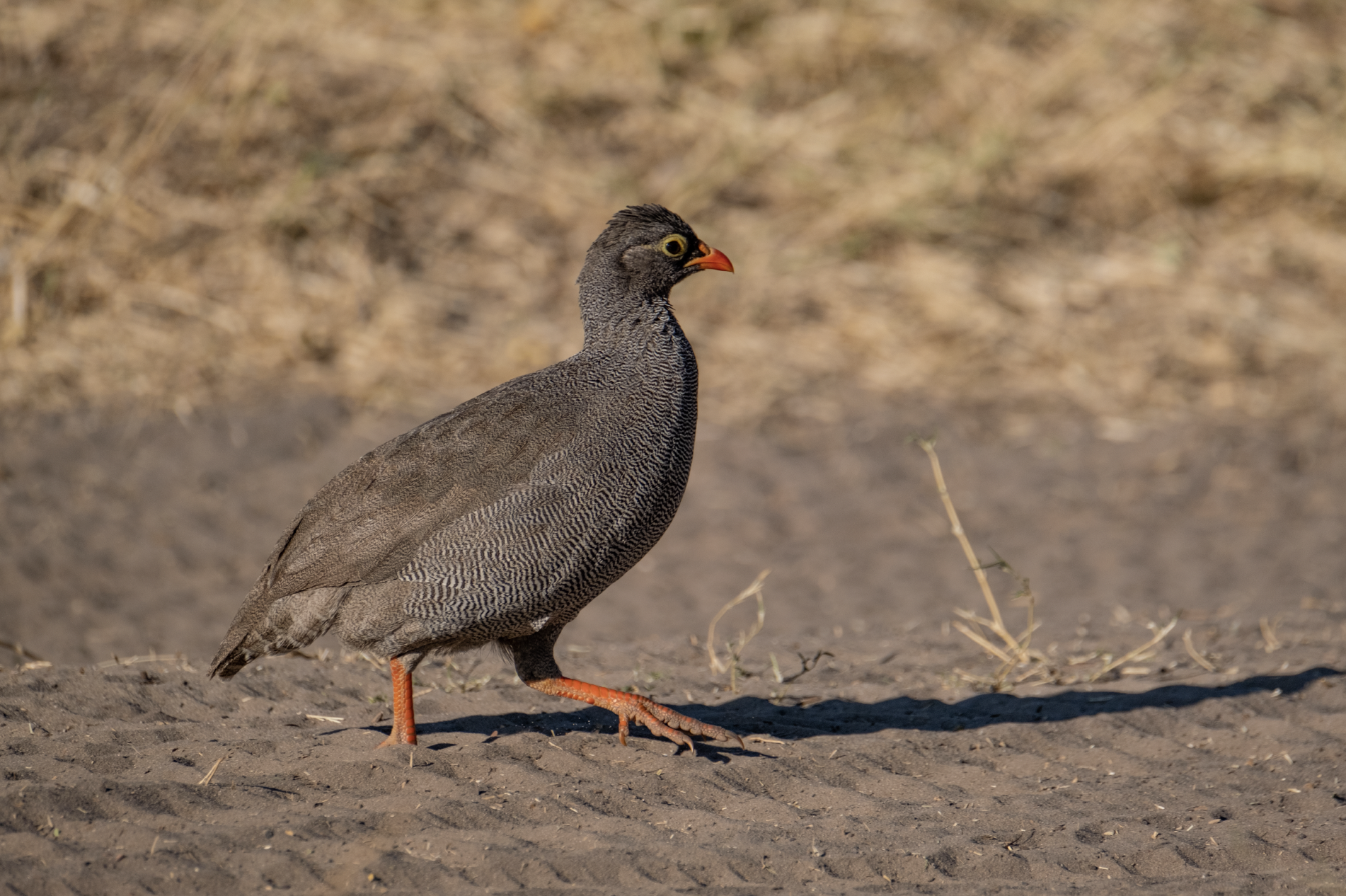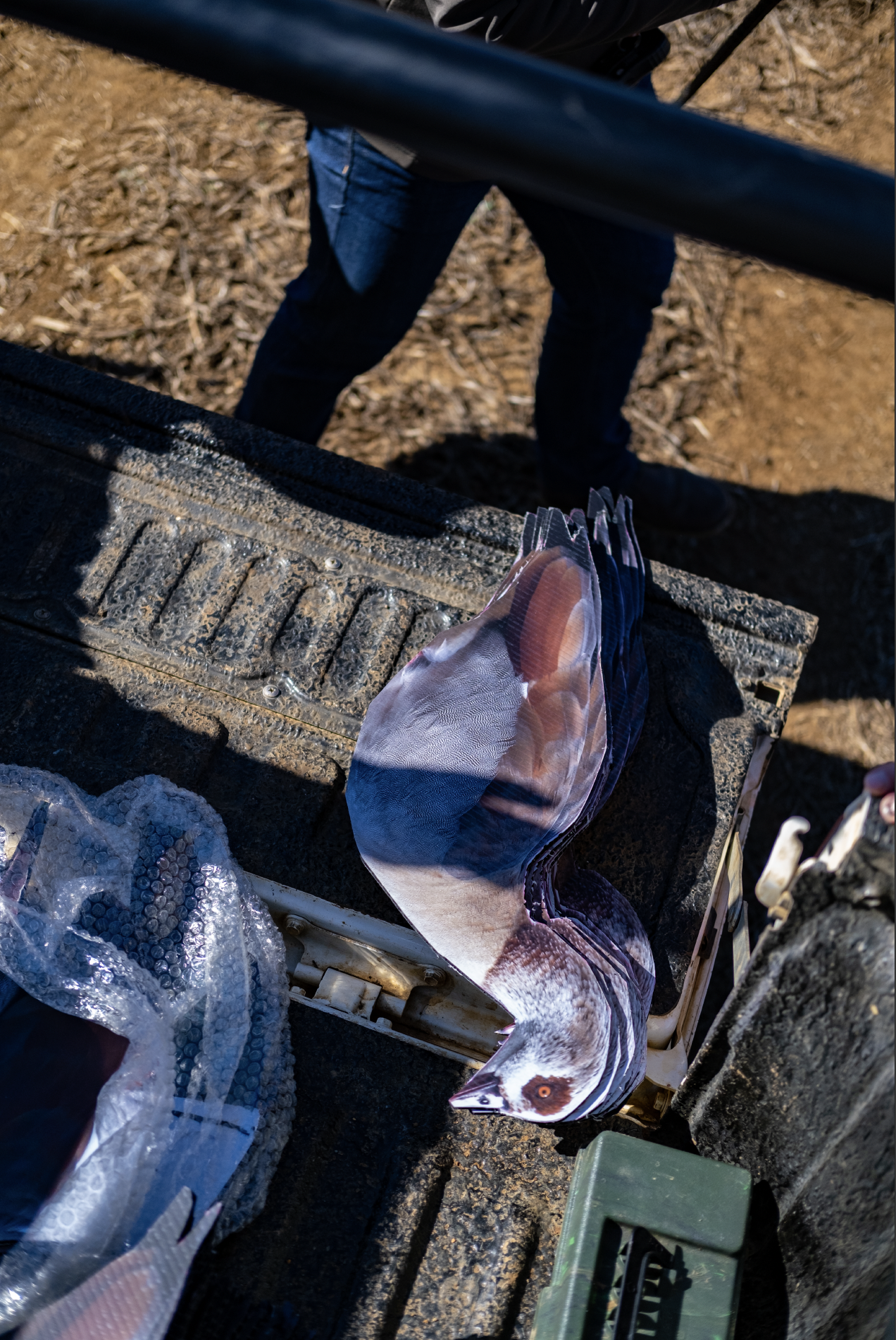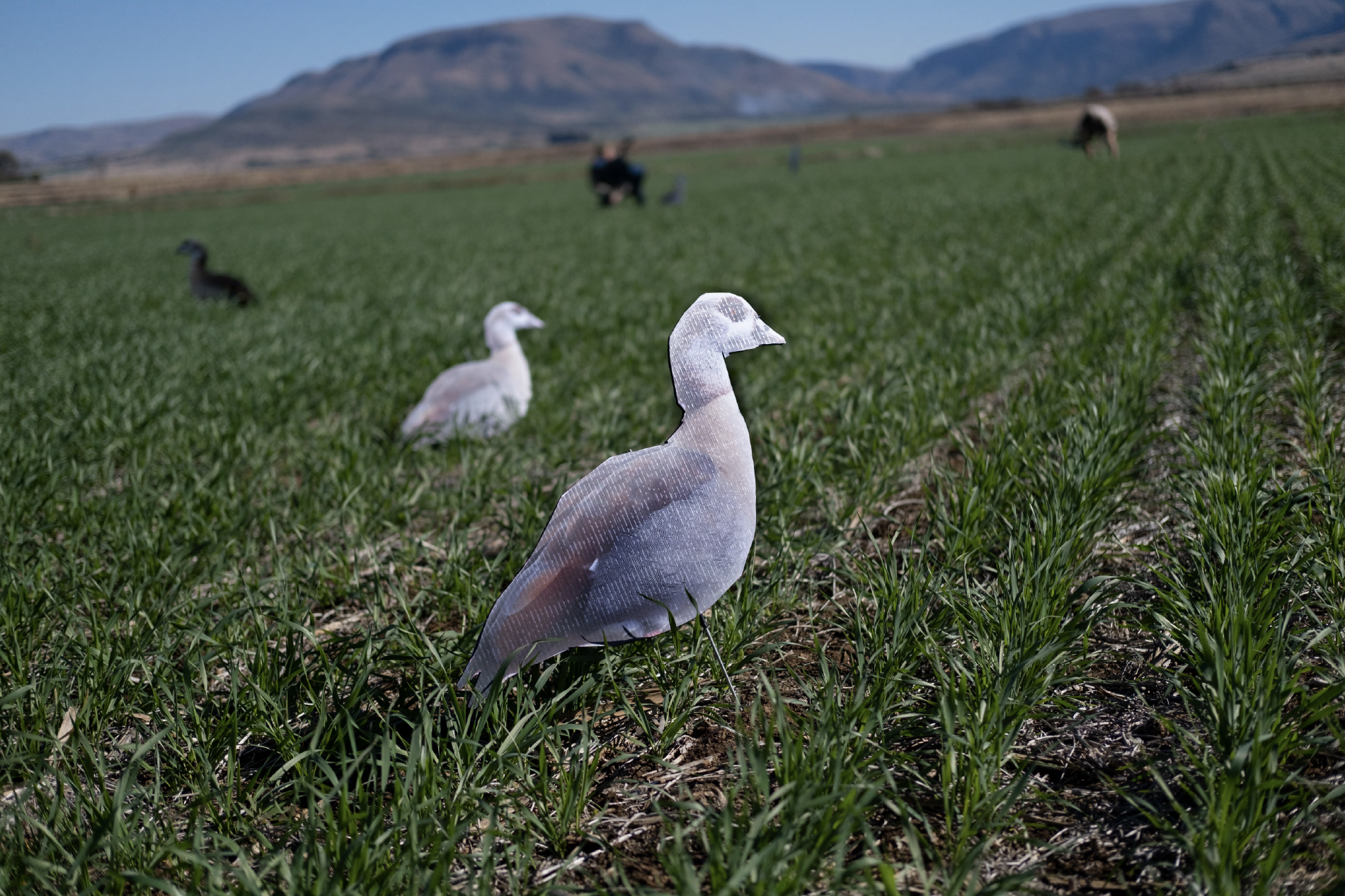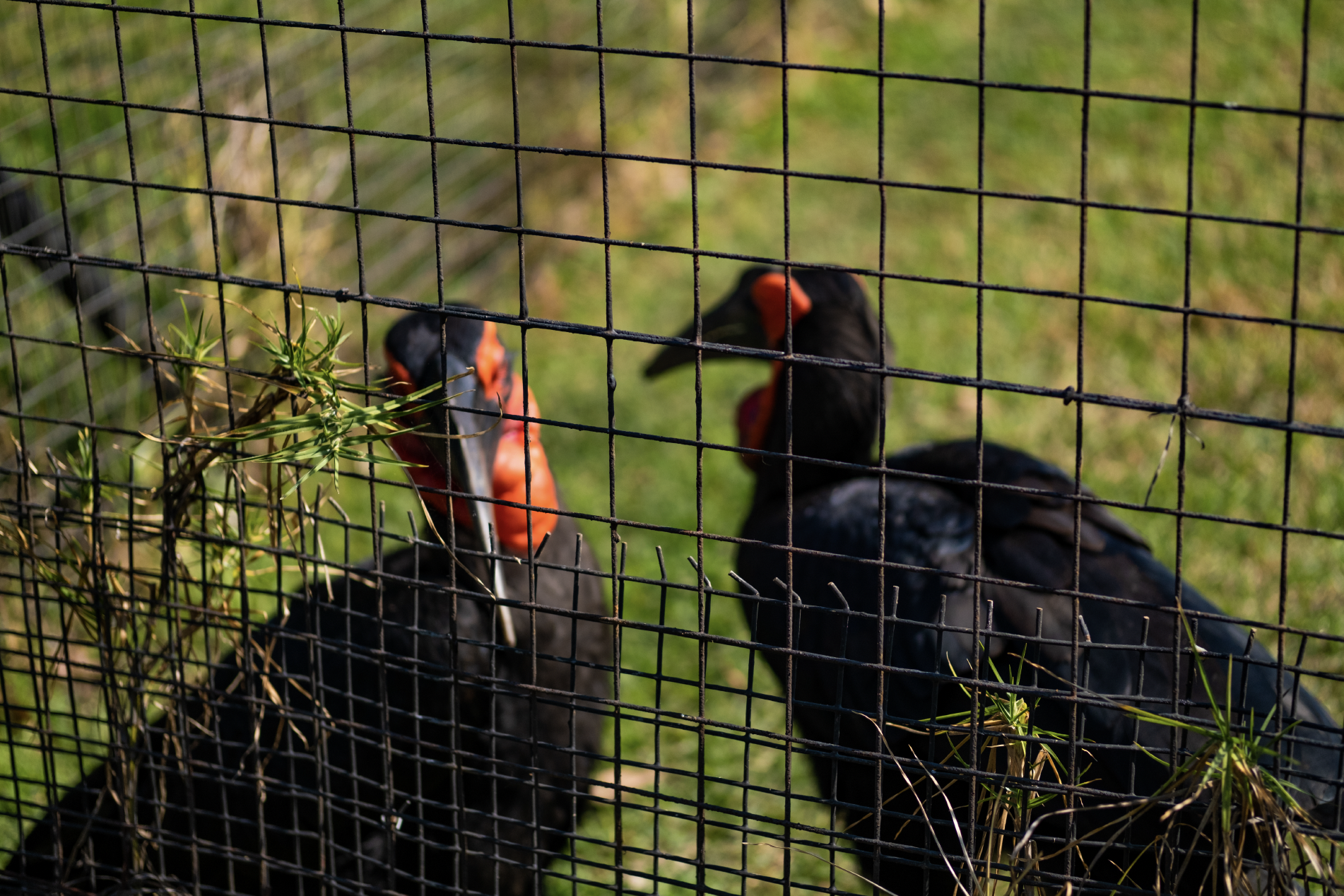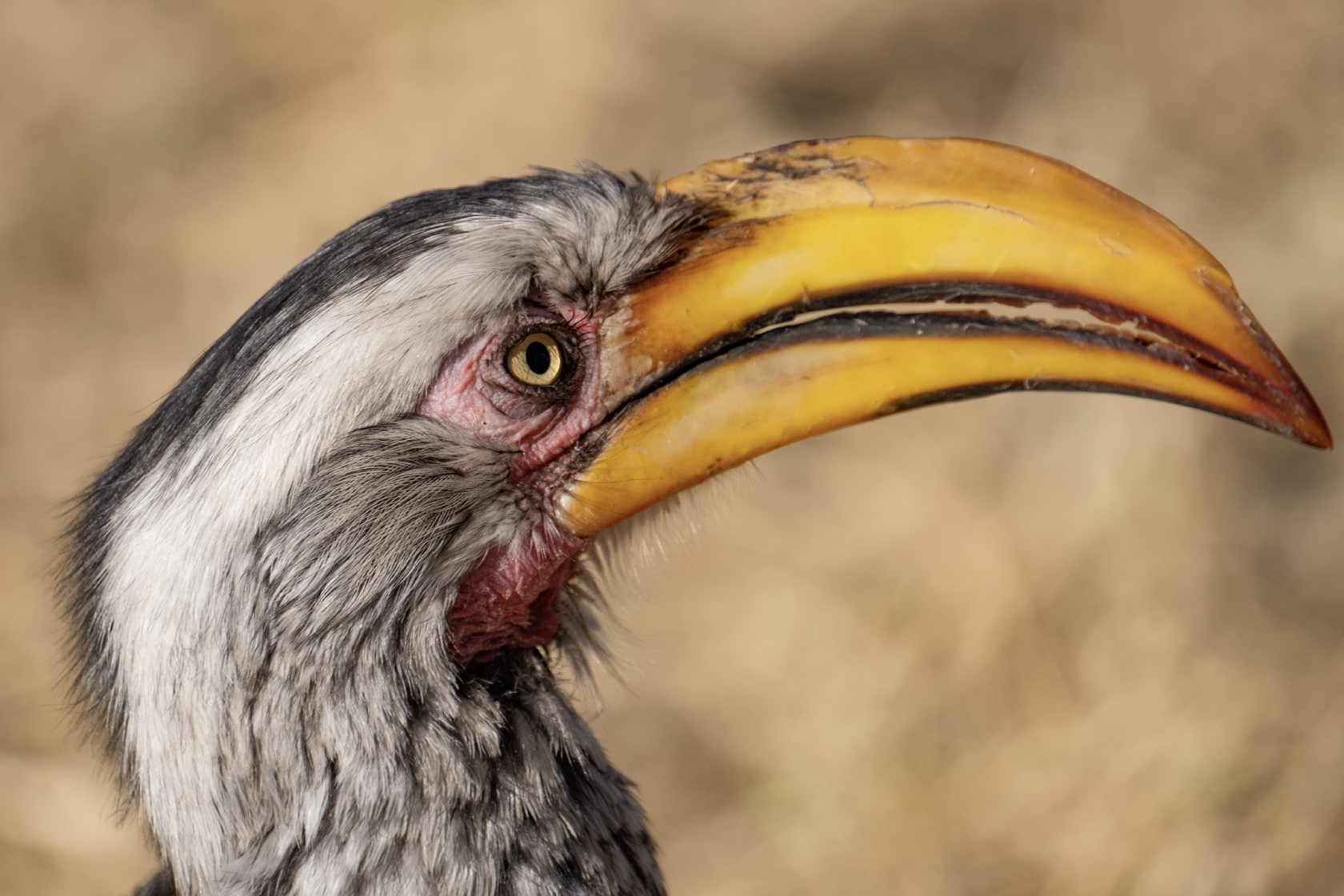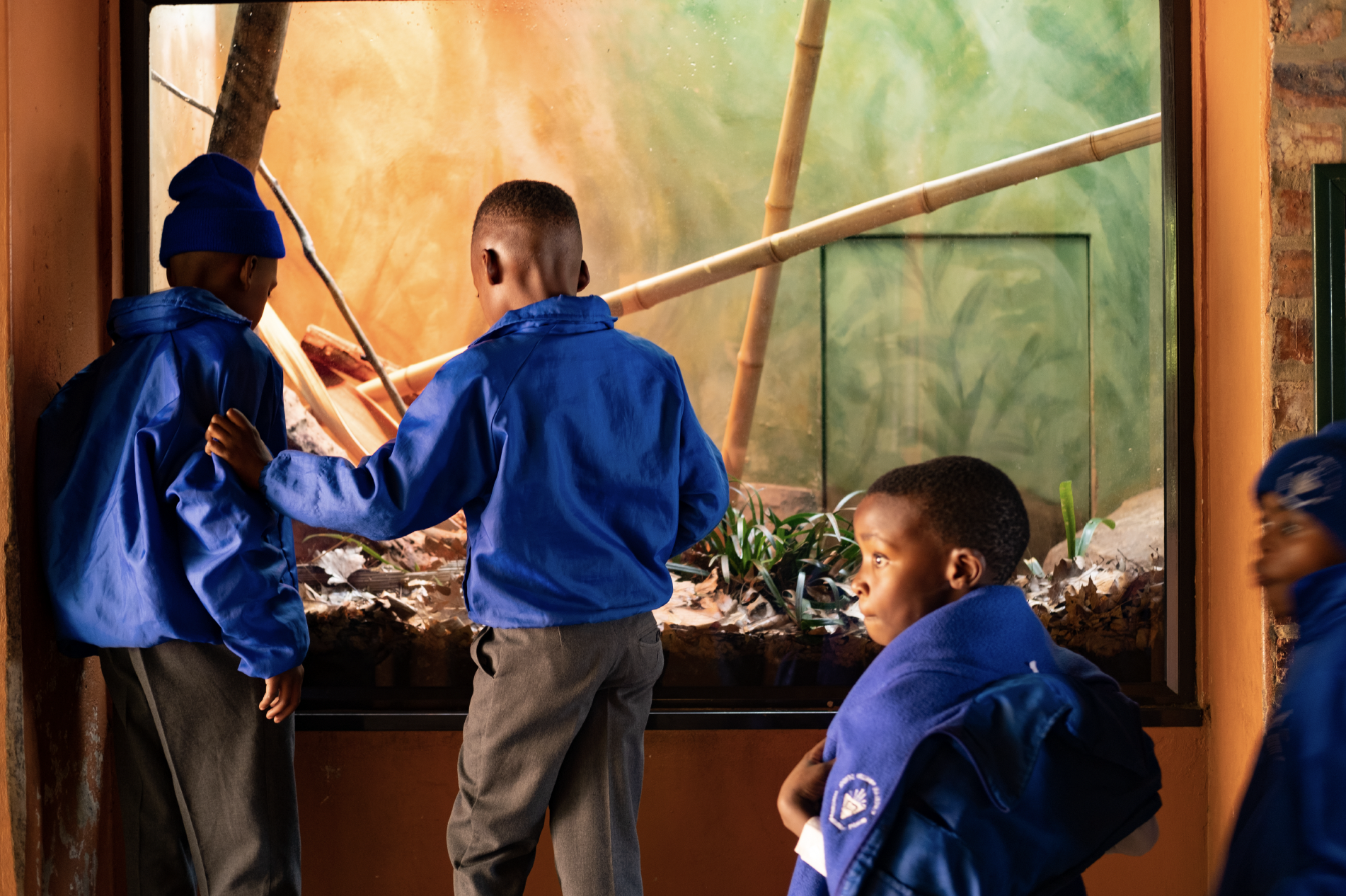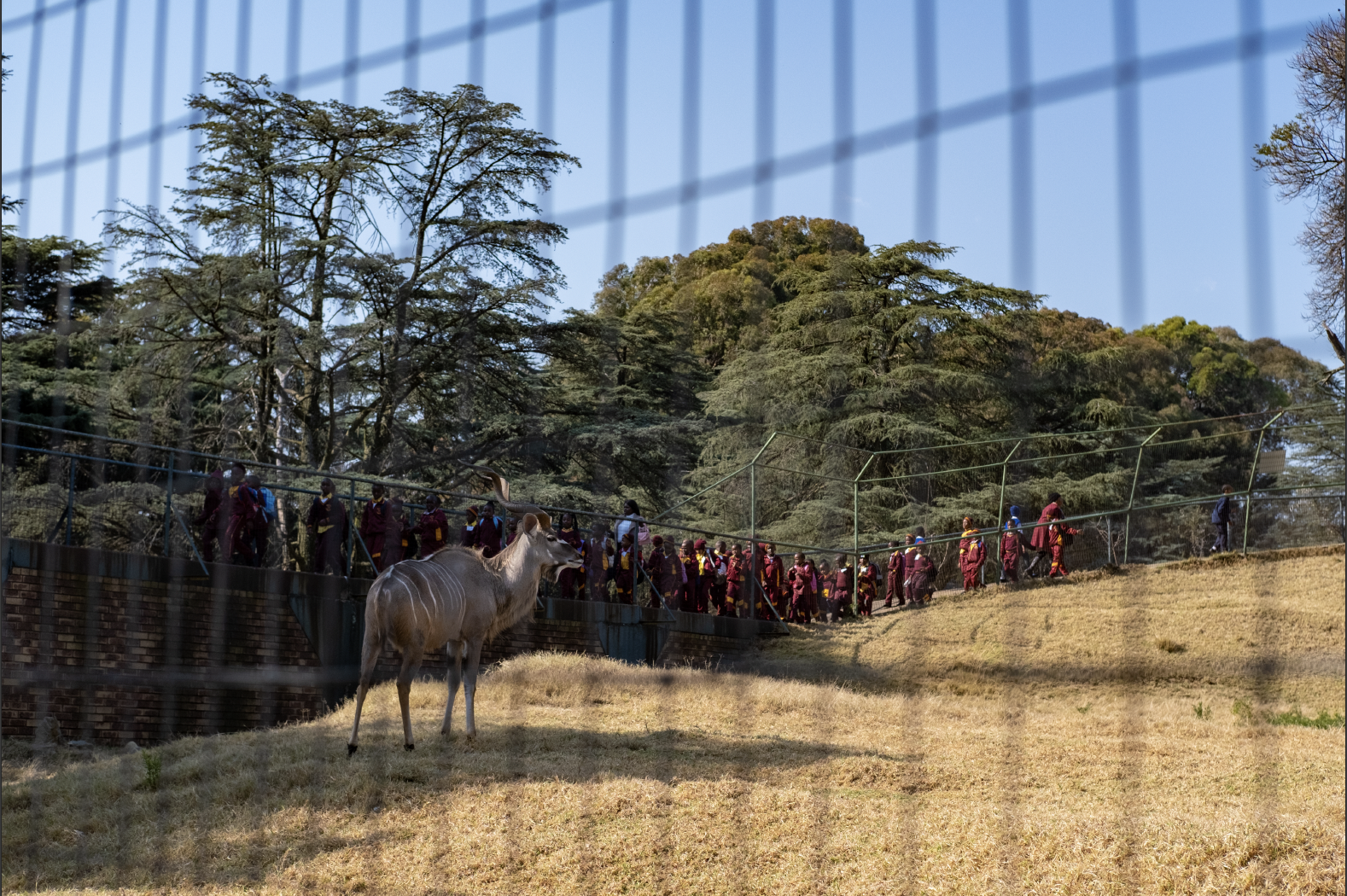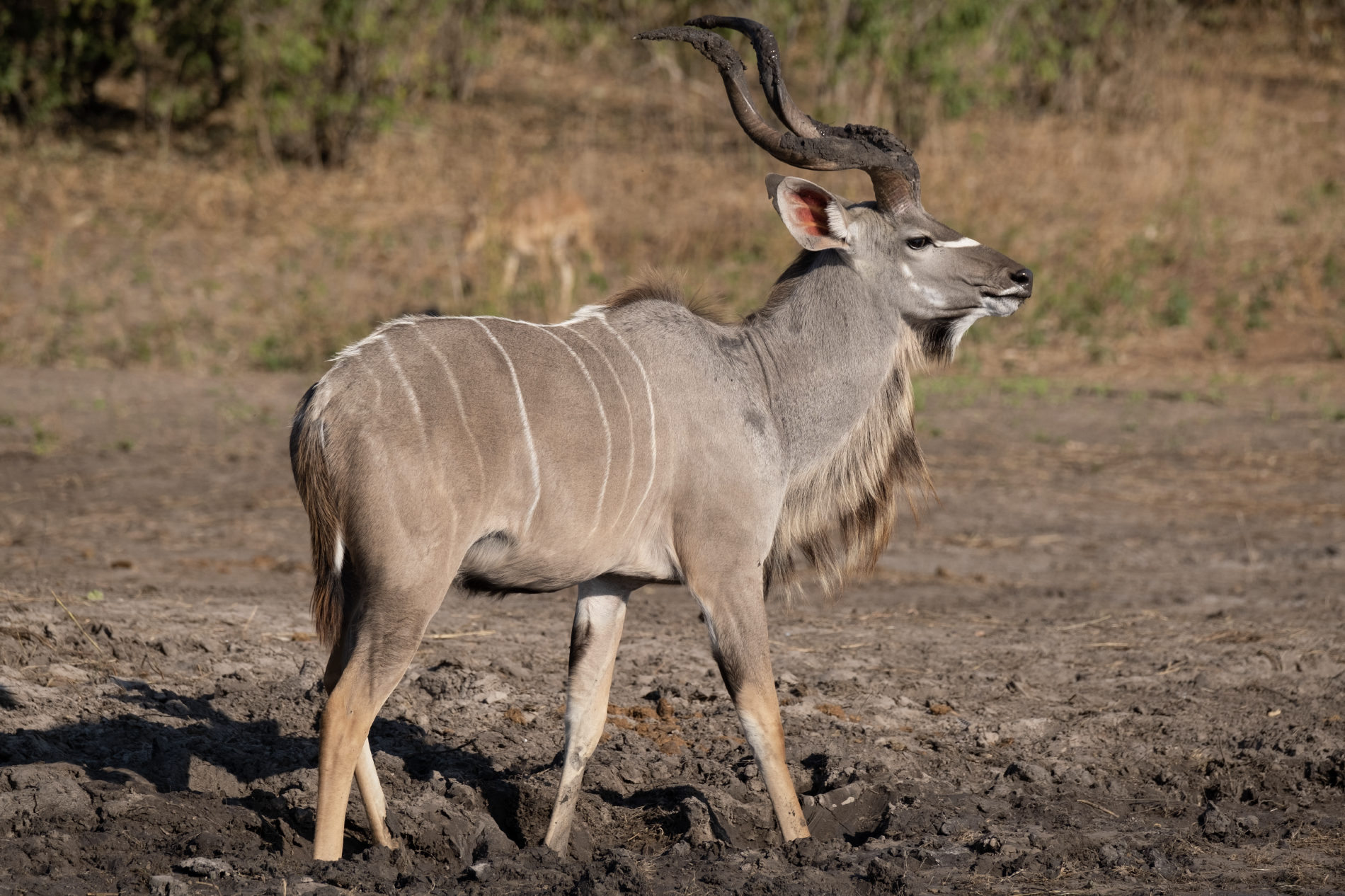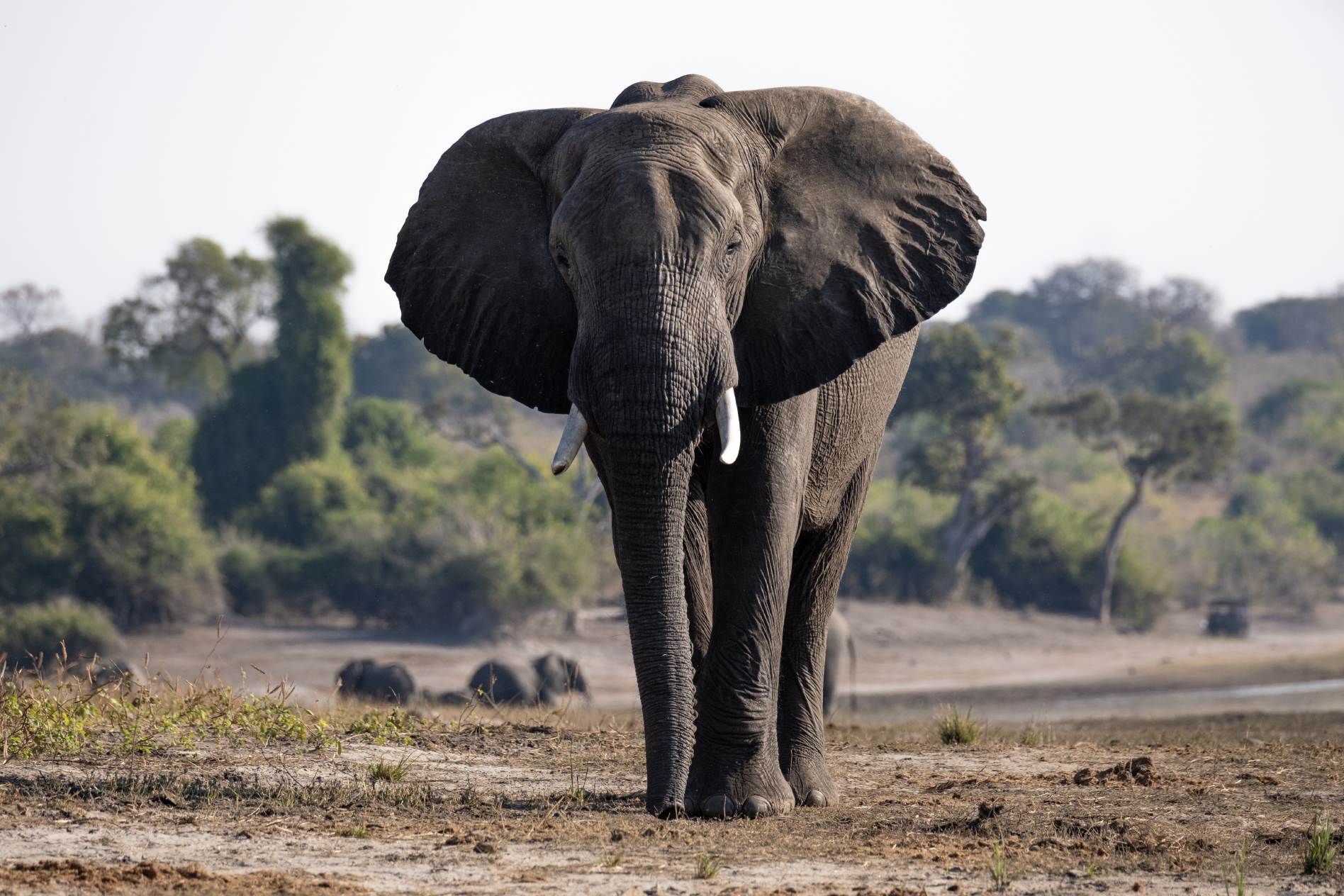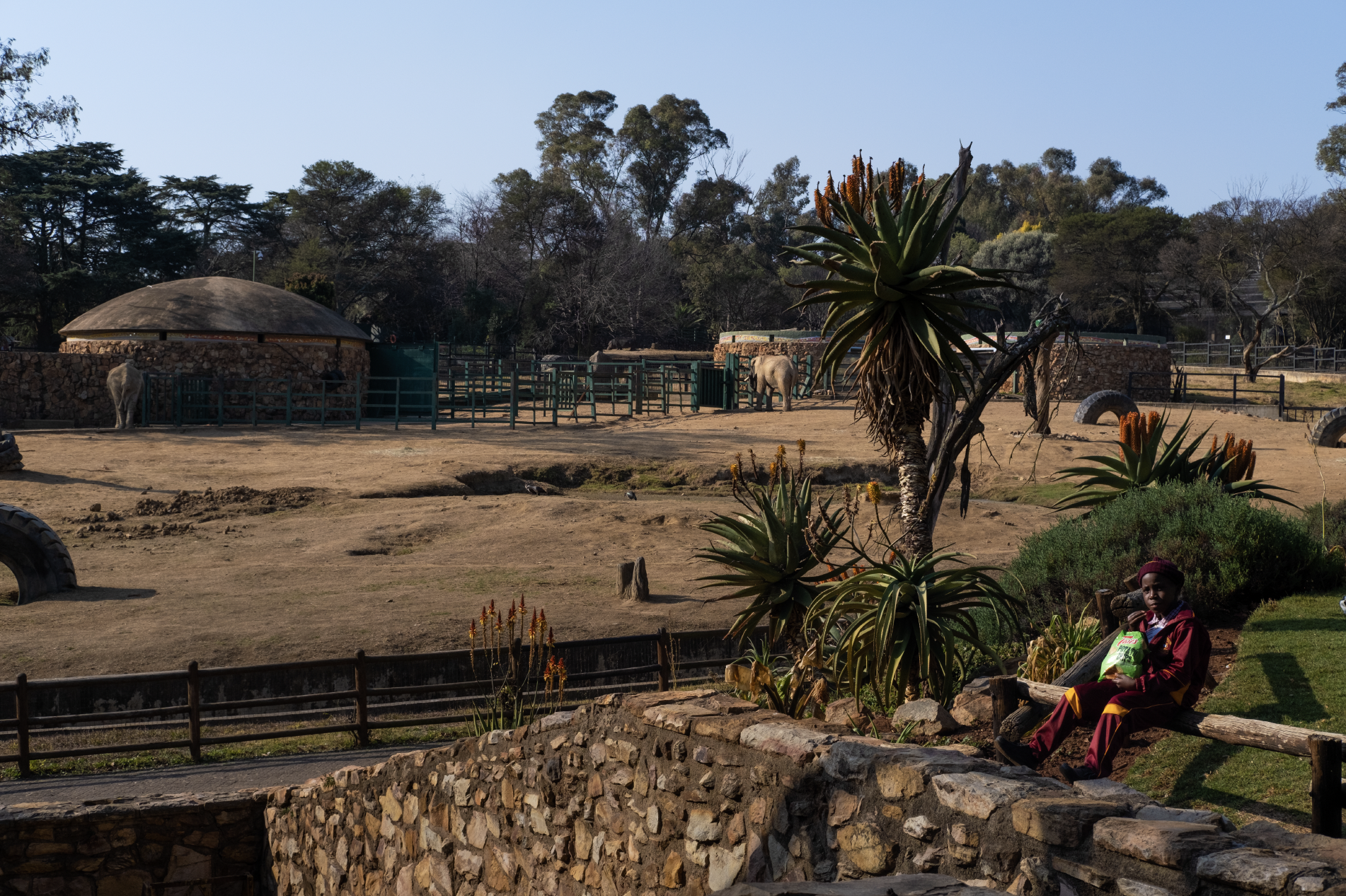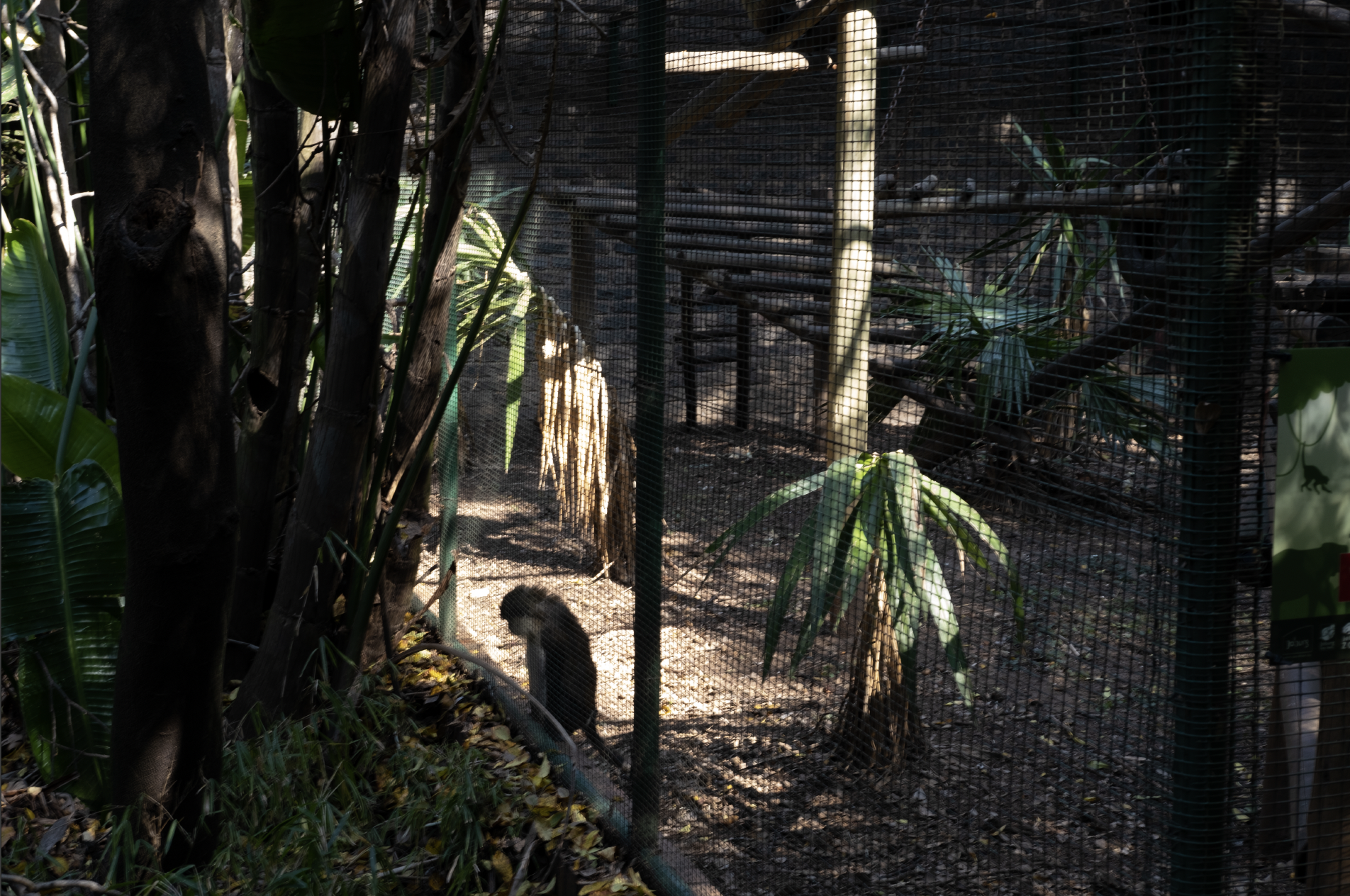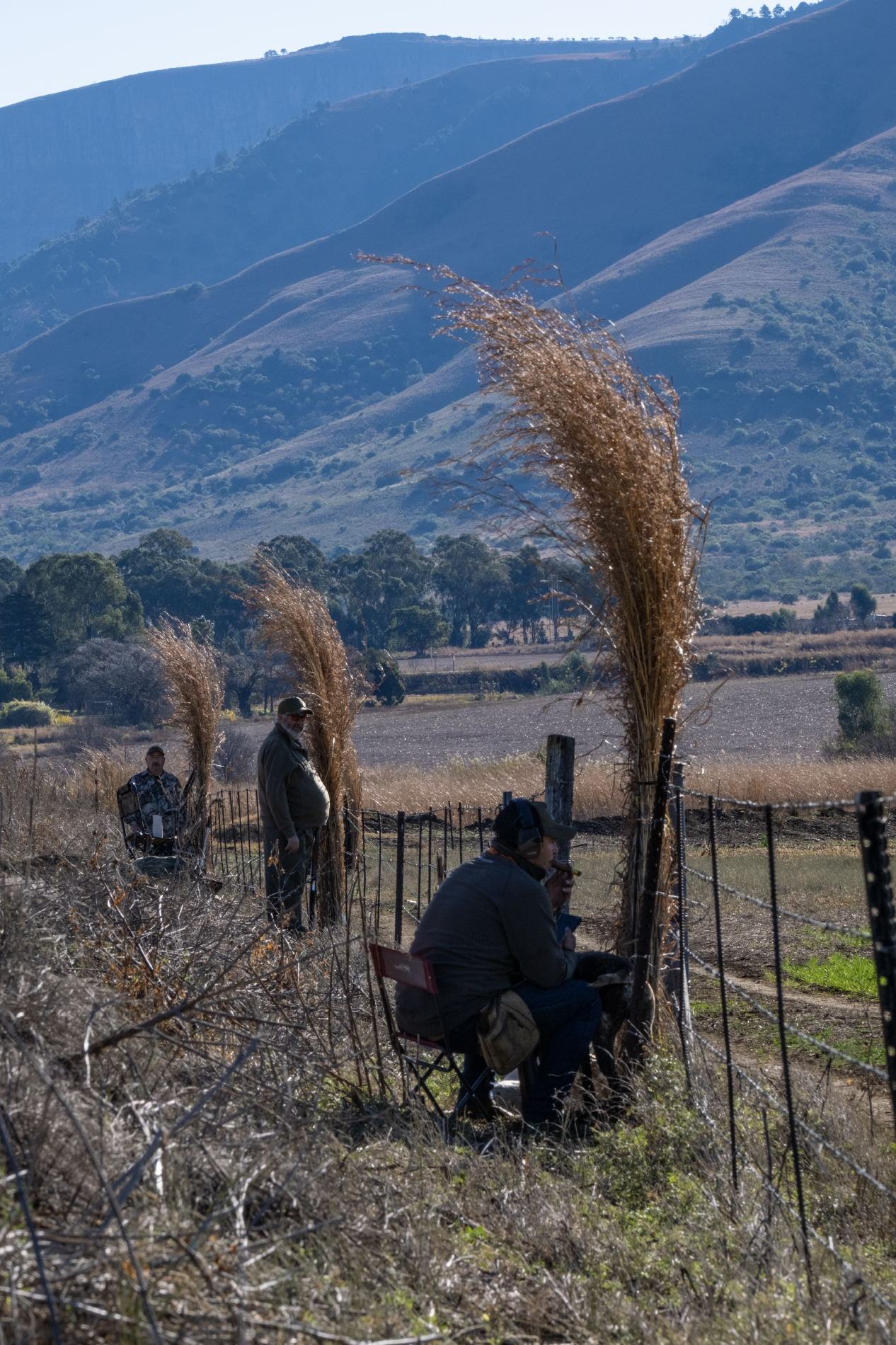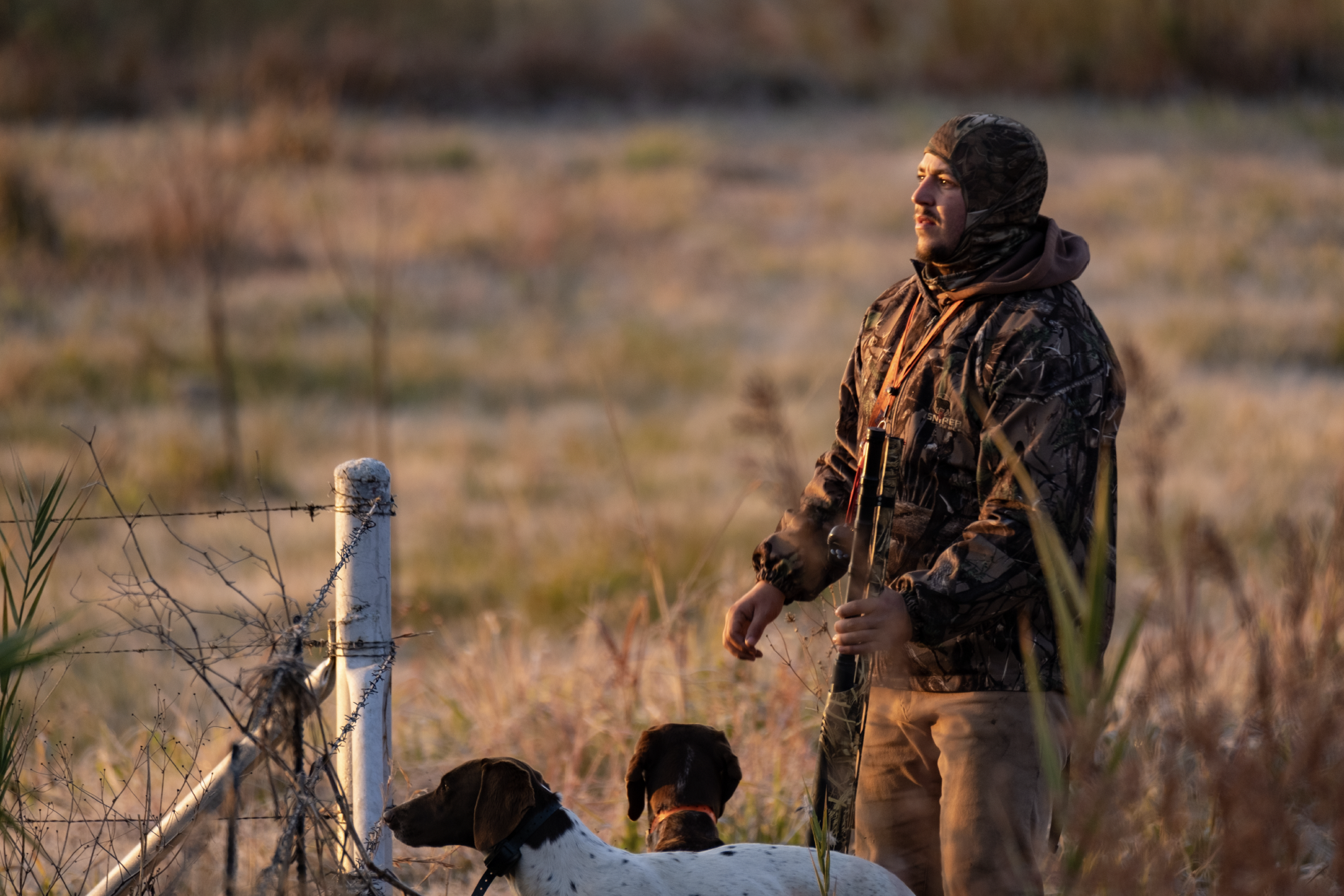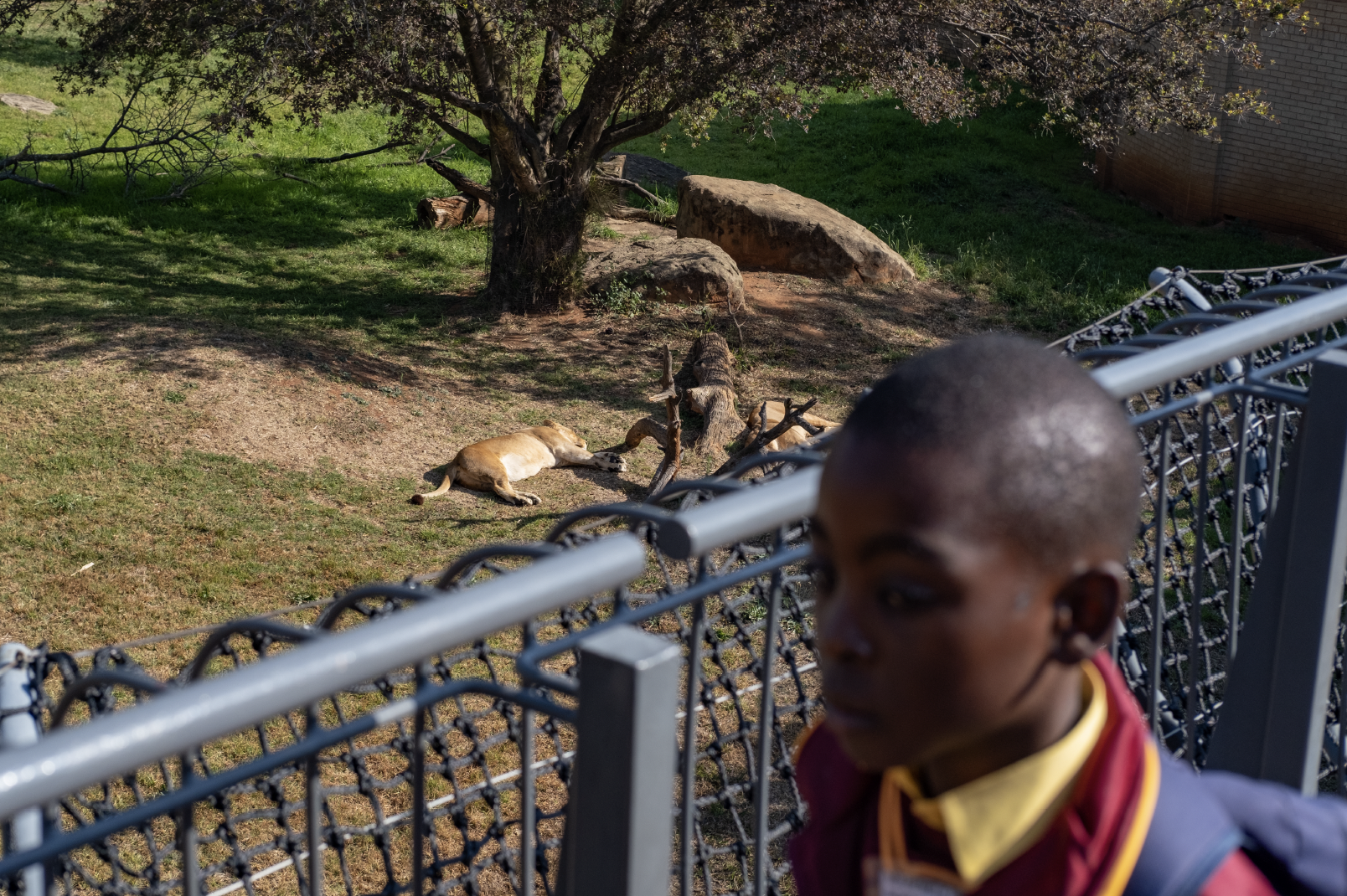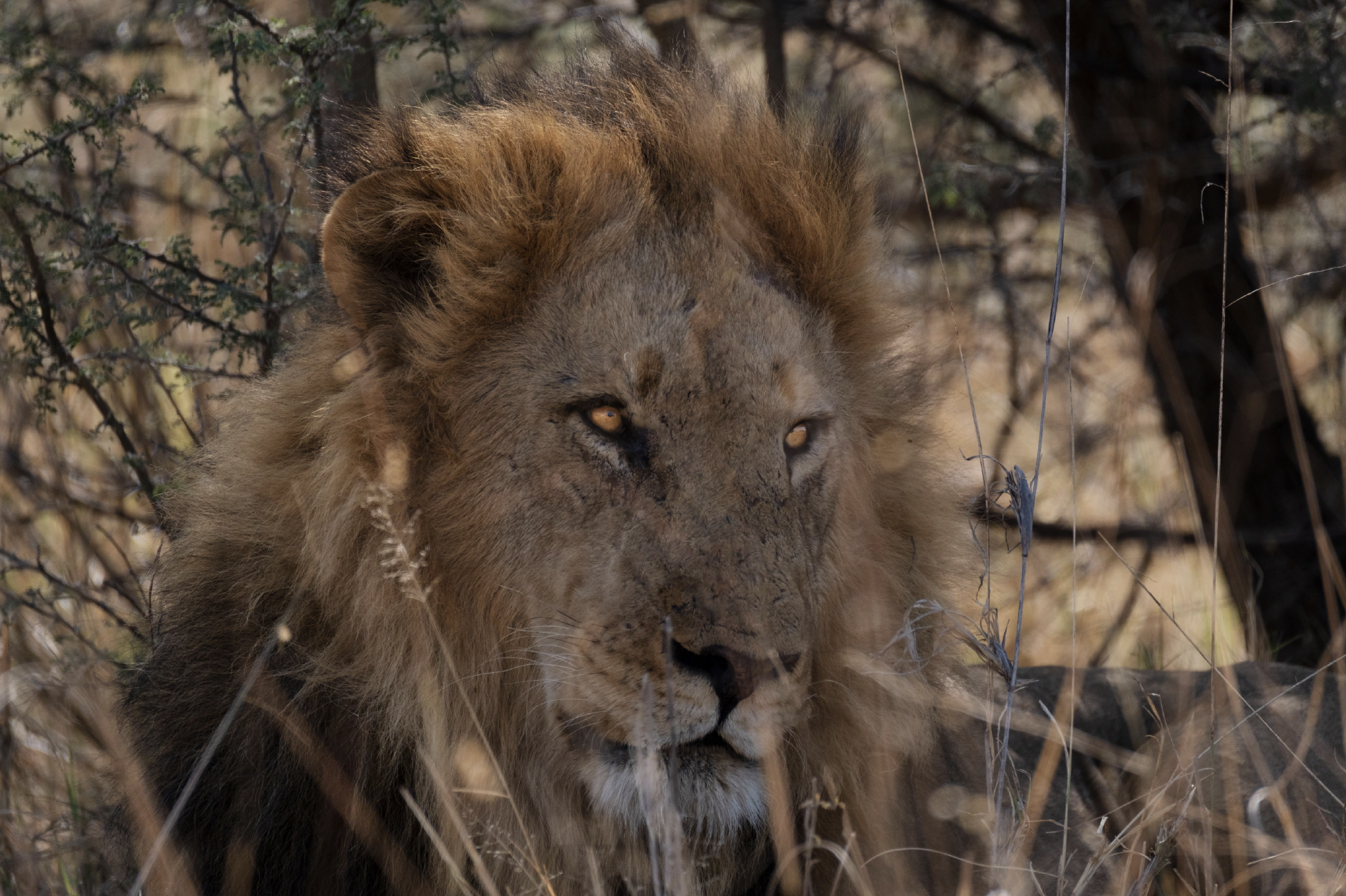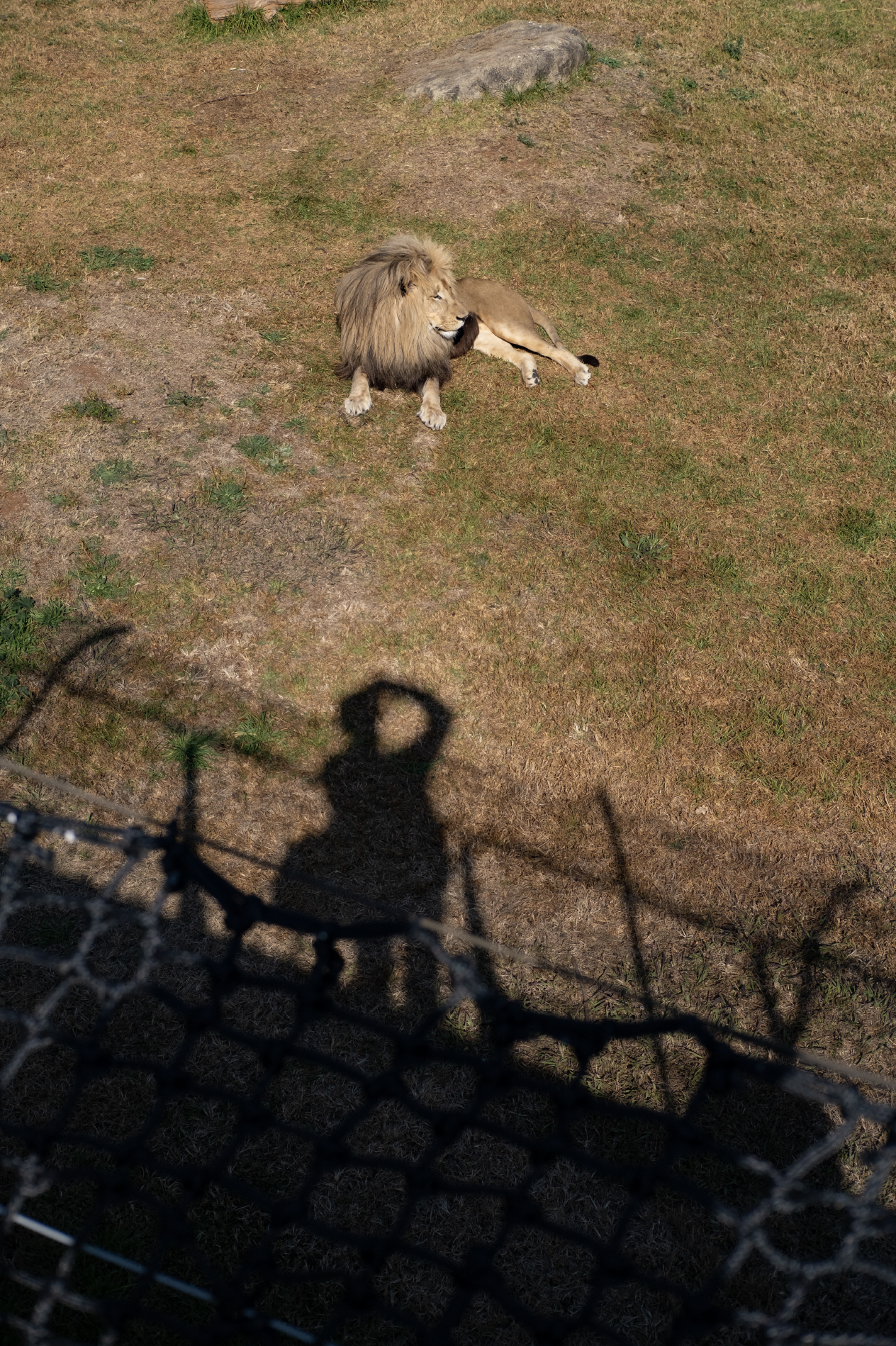African Wildlife: A Cost Worth Bearing
When one thinks of Africa, reveries of its wildlife immediately emerge. Its grand beasts, such as lions, hippos and elephants, are symbolic of the continent. This wilderness ignites the imagination and rekindles vapid modern humanity's past: a primal and fragile time. However, Africa is a rapidly developing continent with a booming population, and wilderness areas are vanishing along with the creatures inhabiting them.
In these late capitalist times, everything—including wildlife—gets reduced to monetary value. The safari industry has protected vast areas of wilderness, and tourism has ensured the survival of some of these rare and endangered species. Ironically, the hunting industry has done the same in less picturesque areas. Problematically, the wildlife industry is exclusive because only those with the financial means can afford to enjoy it. Most Africans have never and will never witness their ecological heritage. Unfortunately, this inherently threatens the future of wilderness as we know that people will protect what they love. Greater access to wildlife is vital for the future protection and conservation of what remains and for the rewilding that must occur.
This project examines three sectors of the wildlife industry: nature reserves, hunting, and zoos in Southern Africa. Although not a comprehensive documentation of this industry, this project begins unearthing an essential question: can the wildlife of Africa be seen and treated for its intrinsic value, one not tied to an anthropocentric existence?
